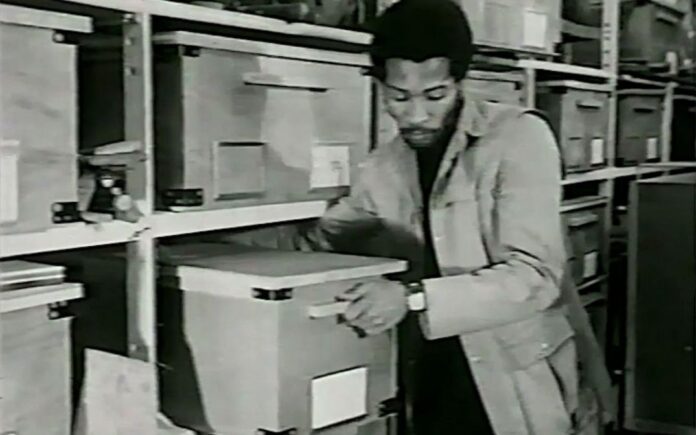Accra, Ghana – Long before calls for the restitution of African artifacts became a global movement, one Ghanaian filmmaker quietly walked into the British Museum with a camera and a mission.
That man was Nii Kwate Owoo, a pioneer of African cinema whose 1970 film You Hide Me shook colonial institutions to their core. The 16-minute documentary, which revealed thousands of stolen African artifacts stored out of public view, wasn’t just ahead of its time it was explosive.
The Birth of a Cultural Provocateur
Owoo studied at the London Film School, becoming one of its first African graduates in the 1960s. It was during this period, while surrounded by British cultural institutions, that he became increasingly aware of Africa’s absence in the narratives presented to the public and the disturbing presence of its stolen heritage behind closed doors.
“You Hide Me” was filmed undercover, documenting the museum’s vast, unexhibited collection of African art. The film’s message was clear: Britain’s cultural treasures were built, in part, on looted African history. The documentary was banned in Ghana shortly after its release but it had already made its mark internationally.

A Legacy That Still Speaks Loudly
More than five decades later, Owoo’s work continues to resonate. With global discussions surrounding decolonization and the return of looted artifacts gaining momentum, You Hide Me is being rediscovered by new generations of scholars, artists, and activists.
“It was never just about objects,” Owoo has said. “It was about the soul of a people being held hostage.”
Beyond filmmaking, Owoo helped establish the Media Research Unit at the Institute of African Studies in Legon, and has advised on national cultural policy, ensuring that storytelling in film and beyond remains central to Ghana’s identity.
Influencing a New Generation
While not a household name to all, his influence is undeniable. Many African filmmakers, curators, and academics cite Owoo as a formative voice in their understanding of post-colonial identity.
“Nii Kwate Owoo paved the way for us to think critically about what’s ours — and what was taken,” says Ama Serwaa, a Ghanaian film student. “He showed that a camera can be a weapon of reclamation.”
Still Telling Our Stories
Now in his 80s, Owoo remains an enduring figure in African cultural circles. His work challenges not just Western institutions, but African governments and media to take ownership of their narratives.
As he often says, “We have to tell our stories ourselves.”
In an age of repatriation campaigns and digital storytelling, Owoo’s early defiance feels more like foresight than protest and his voice, calm and insistent, continues to call Africa to remembrance.


